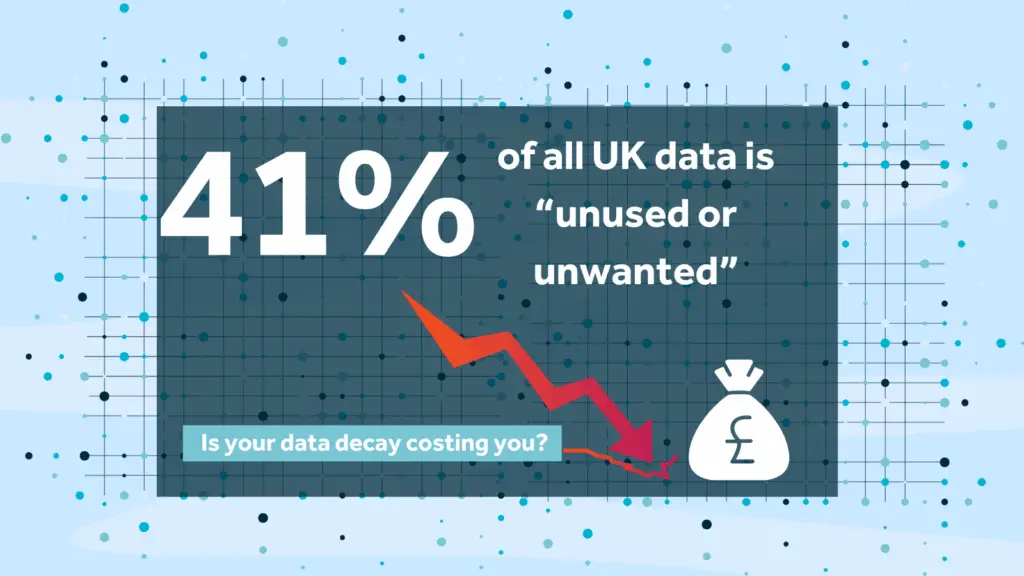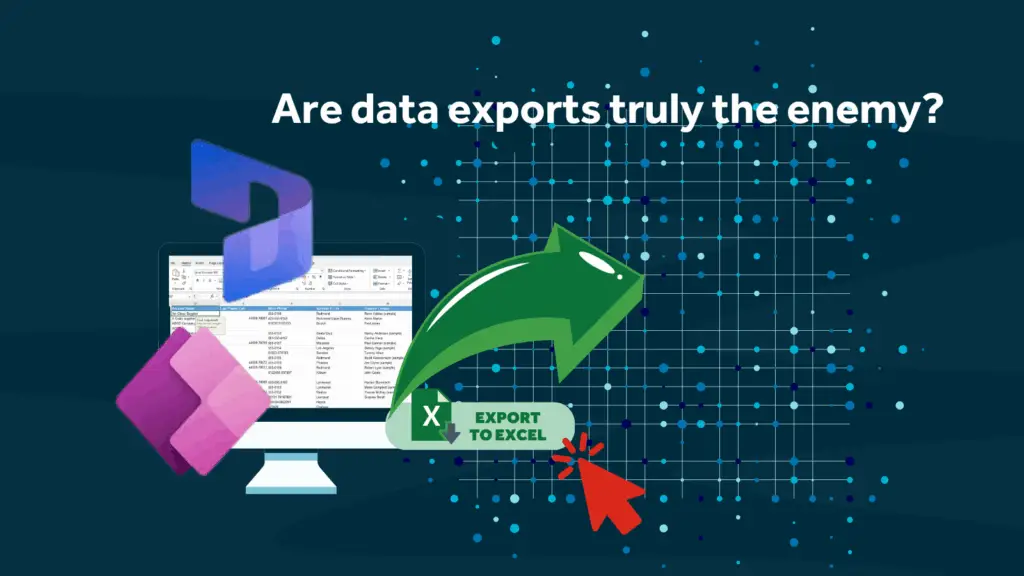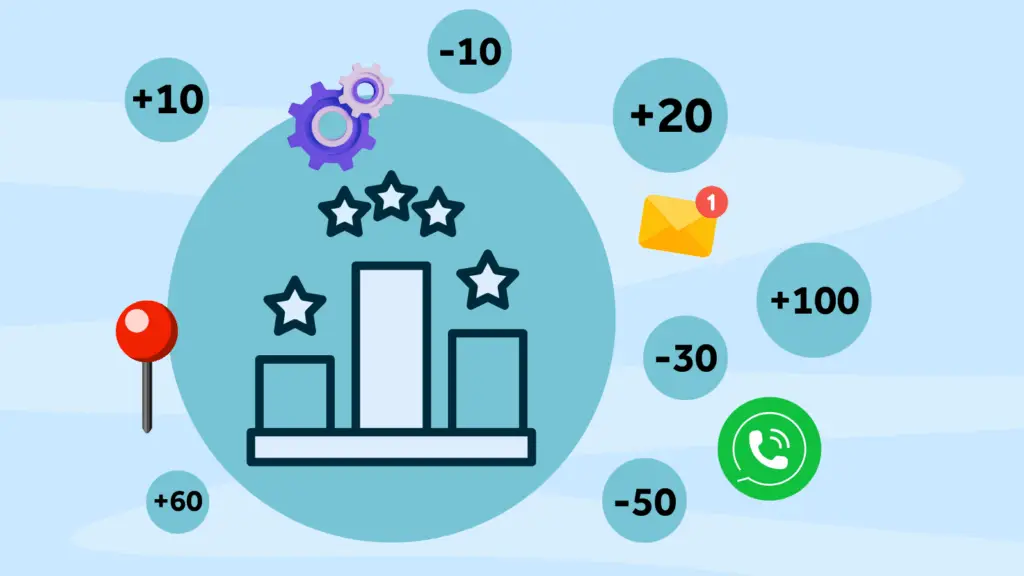Organisations are undergoing an unprecedented level of business transformation, with the digital transformation propelled by the effects of the pandemic. Statistics show that the managed service market is growing and that it is going to continue to grow over the next few years.
This rising demand is resulting in an increasing reliance on the cloud and on business applications that run in the cloud. Many of these systems require management and support. Microsoft Dynamics 365 is an example of a critical cloud-based business application where, for the most part, organisations do not have the necessary skills in-house to support or develop the application. Therefore, Dynamics 365 specialists are required to take the reigns and keep things running smoothly so the business can focus on, well, business!
What is managed service?
By means of a quick intro: Wikipedia says… “Managed services is the practice of outsourcing on a proactive basis certain processes and functions intended to improve operations and cut expenses”. In terms of Dynamics 365, managed services are the ongoing provision of expertise, support, preventative maintenance and consultancy by a Microsoft Dynamics 365 partner, usually on a monthly contractual basis.
Types of CRM managed service offerings
The traditional method of support would be typically on a break/fix only basis. The problem with this model is that the goals of the provider are not aligned with the goals of the customer. This older break/fix only model has left a lot of CRM systems in an increasingly neglected state and consequently, the use of CRM with the organisation would decline and the project would ultimately be seen as a failure. We don’t like this approach and so don’t offer it.
Over recent years there has been a gradual change in the way that CRM projects are delivered, both the customer and the provider are beginning to realise that a CRM system can bring huge benefits, but a CRM system is also very similar to a living organism and so it needs to be fed, nurtured and maintained. More and more thought is being given to the lifecycle of the CRM system and not just the implementation phase. Hence, was born managed services.
Some core features of a Dynamics 365 managed service offering are:
- High-quality customer support
- Regular check-ins
- Monitoring and reporting on Dynamics 365 and its usage
- Carrying out administration tasks
- Executing security audits
- Advising on license compliance
- Identifying training needs and delivering training
- Liaising with Microsoft and other third-party vendors where necessary
- Assessing and planning for service updates
A good managed service solution is customised accordingly to client needs, so the components contained within each contract could be very different.
Following a Microsoft CRM implementation the diligent customer has a few basic choices in terms of supporting the application on a day-to-day basis with Managed Service for Microsoft Dynamics 365.
Option 1
The first option is to train up an internal member of staff with enough skills to support Dynamics. This might seem the obvious choice but in reality, is quite problematic. Training staff to the necessary level to support a Microsoft Dynamics 365 system within an organisation is very expensive. Then, what’s to stop the staff member leaving once they have all these new skills and subsequent new opportunities opening up to them. Another point to consider is that it is not always going to be a full time job for someone, so you have to choose your person carefully, do you need an IT focussed person or a Business focussed person. It’s rare to find someone with both skill sets.
Option 2
The second choice is to find and employ a dedicated Dynamics 365 specialist with business analyst skills. Again, this is easier said than done, there is currently a shortage of people with Dynamics 365 skills in the UK and so employers are having to pay inflated salaries to attract and keep talent. With both of the above models, there is an inherent reliance on a single individual.
Option 3
The third, much more cost-effective option is to engage with a Microsoft Dynamics 365 partner who can provide a managed service offering, ideally the partner that built your system will know it better than anyone else. There is very little, if any, “ramping up” time to learn your CRM system and the amount of support you need can be increased and decreased as your needs require.
Managed Service for Microsoft Dynamics 365 – The benefits
- Reduced risk
With the pace of technological change accelerating ever faster and the inherent reliance on the cloud, organisations are facing risks that previously didn’t exist. These risks can take multiple forms such as data breaches, uncertainty around data loss and disaster recovery (“is the system backed up?”) and security issues. A managed service partner will assume and manage a lot of this risk on your behalf and will advise accordingly. So, you don’t need to fret about whether you have done a backup or whether a user has been set up with the right permissions for their role. Often with a Microsoft Dynamics 365 implementation, there are risks around user adoption. With managed services, this risk will be reduced due to the fact that the user community will feel supported as opposed to abandoned. - Proactive support
A good Microsoft Dynamics 365 managed service provider can bring industry best practices to your organisation and provide you with essential core services, but, as well as providing these core services they will be taking preventative measures to avoid problems and future roadblocks rather than expensive repairs to fix problems. - Controlled + predictable spending
Every organisation has budgets to hit. One of the features of a managed service solution is that the customer can dictate how much they want to pay. A high quality customised managed service solution can help make the difference between hitting that budget or not. A managed service solution becomes a part of operational expenditure rather than capital expenditure, so it’s easier to predict your budgets for developing and maintaining your CRM system. - Level the playing field
Often larger organisations may have an in-house support team to look after a business application such as Microsoft Dynamics 365, which is a luxury that a lot of smaller companies cannot afford. With the outsourcing of managed services, smaller companies can gain the expertise needed to feel confident in planning a future around the application. - License compliance
Microsoft Dynamics licensing is notoriously complex and the Dynamics product range is seemingly getting larger by the week. Most small businesses are not able to invest the time needed to investigate and calculate which Dynamics license types they need and how to stay compliant. Access to expertise means that the managed service customer can feel assured that they stay within the licensing requirements and also are getting the best value for money from licensing. - Lower costs and instant access to application specialists
When calculating the costs of a managed service contract, it is important to not just focus on the salary that might be saved, but also to think about the additional costs of an employee such as on-boarding, pension, providing adequate equipment, ongoing training and a space to work. It isn’t just a like for like comparison. Most Small to Mid-sized Enterprises (SME) could not afford to employ a full time experienced Dynamics 365 consultant because of the high costs of such an individual. Whereas the SME organisation with managed services has instant access to application specialists for a simple monthly fee. - Vendor management
There may be third-party applications also working within your Dynamics 365 platform. Non-Microsoft software such as ClickDimensions, KingswaySoft and Scribe are commonly used as part of a Dynamics implementation. A well-managed service partner will take care of the dialogue with these vendors on your behalf regarding licensing and other technical details so you don’t have to worry. - New technology awareness and insights
With managed services your partner will make you aware of any new features, long before they become available and will be able to give you insights on existing features as to their potential suitability for your situation. A managed service provider will bring the benefits of having learned from many different kinds of businesses, across many different industries. They will be bringing a wealth of outside knowledge to an organisation. - Faster response time
Even if you put aside any SLAs that you get as part of your managed service offering, when you log a support case with a managed service partner the chances are that the case will be resolved much more quickly than with an internal support desk, due to the fact that it is being handled by someone who knows the platform very well and has probably come across the same issue before. This in turn, leads to less frustrated users, training needs being identified and increased user adoption. - Stay focused on your business
Ultimately, the aim of a managed service is to give a customer peace of mind so that they don’t get distracted by things that are not essential to running the business. Business owners want their business to run smoothly and efficiently. By outsourcing non-core business activities, like CRM management, organisations can operate with a sharper focus on the core business activities.
Explore this topic further and read What does a CRM partner do?
With many years of supporting Microsoft Dynamics, Rocket CRM are well placed to give you an expert opinion on the different components and features within the Customer Engagement product Family. Contact Us to talk about your support needs.
ABOUT ROCKET CRM
Rocket CRM is a Microsoft Dynamics 365, and a platinum Click accredited partner, helping small to medium-sized businesses and charities harness the power of scalable CRM technology. Our mission is to make powerful CRM software simple with custom-built, user-focused solutions.
Website: rocketcrm.co.uk
Podcast: RocketPod
Social: LinkedIn




